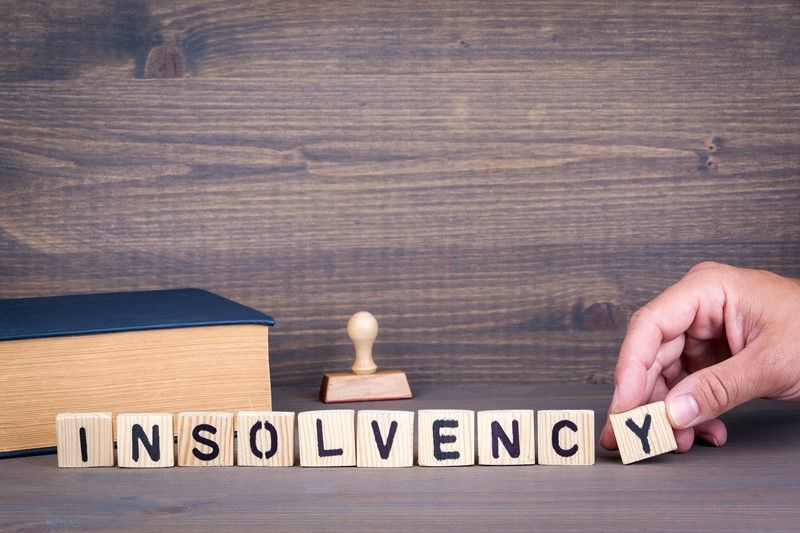Pre-trading expenditure for companies
Starting a new business can be expensive, but many of your pre-trading costs may qualify for tax relief if they meet the right conditions.
There are special tax reliefs for pre-trading expenses that are incurred before a business starts trading. This could include expenses that are required to help a business prepare for trading such as buying stock and equipment, renting premises, getting insurance and initial advertising expenditure.
A deduction may be allowed where the following conditions are met:
- The expenditure is incurred within a period of seven years before the date the trade, profession or vocation commenced, and
- the expenditure is not otherwise allowable as a deduction in computing the profits of the trade, profession or vocation but would have been so allowable if incurred after the trade had commenced.
To be allowable, the pre-trading expenditure must be incurred wholly and exclusively for the purposes of the relief. To be clear, this means that no relief would be allowed where pre-trading expenses would not have been tax deductible if they had been incurred when the business was trading. The business should keep accurate records relating to pre-trading expenditure to be able to demonstrate that the expenses are qualifying.
The qualifying pre-trading expenditure is treated as incurred on the day on which the trade, profession or vocation is first carried on.
Capital expenditure does not qualify for this relief but there are other special provisions for capital allowances.




